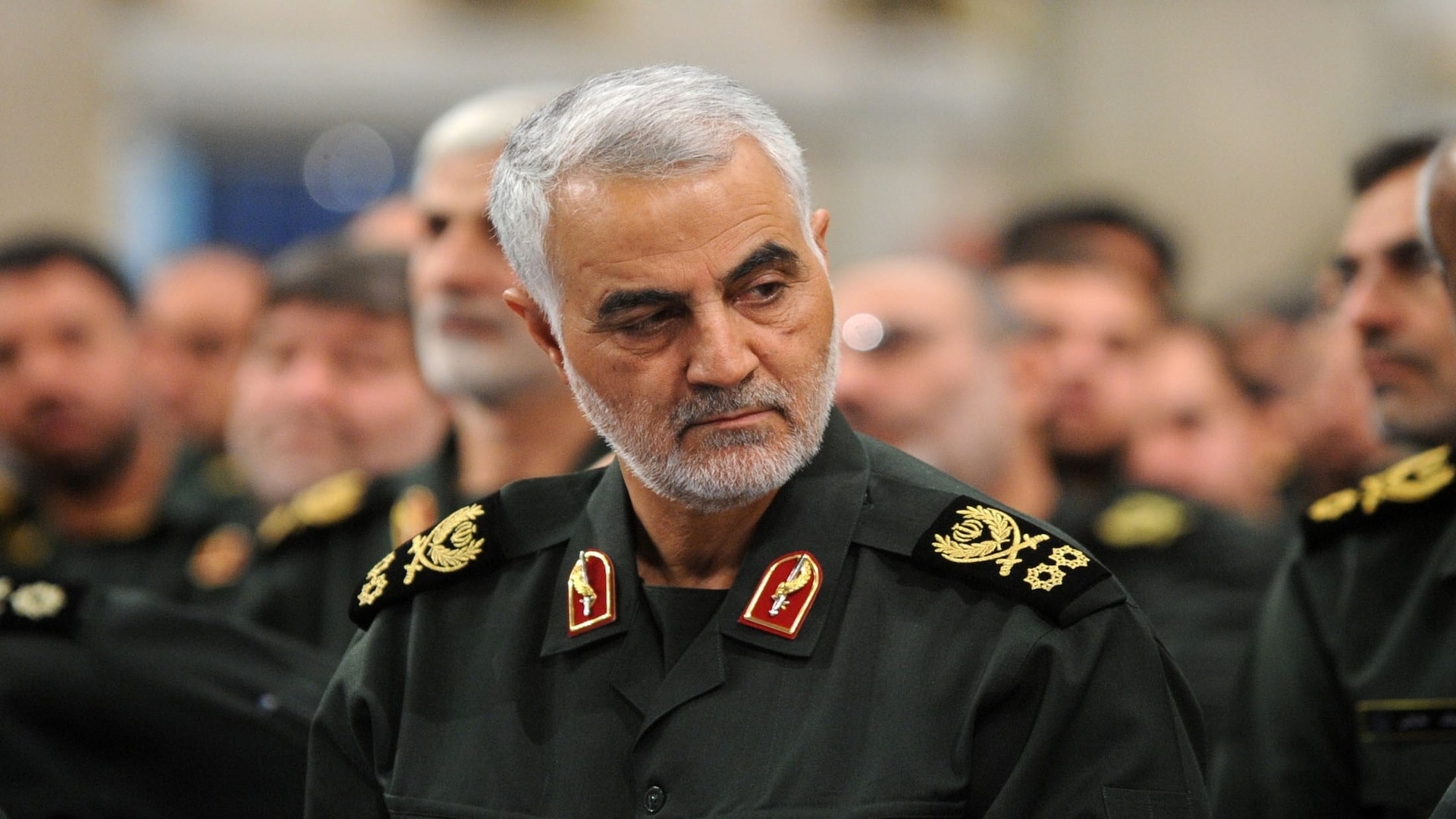In what seems like a deliberate attempt to escalate tension in the region, the US assassinated major general Qassem Soleimani, commander of the al-Quds force of Iran’s Islamic Revolutionary Guards Corps on January 3, Friday. Soleimani, as well as Abu Mahdi al-Muhandis, head of the Popular Mobilization Forces (PMF) and five others, was killed in an attack on Baghdad airport.
The Trump administration confirmed that the assassination had the approval of the president. The US had designated both the Iranian Revolutionary Guards Corps and the PMF as a terrorist organizations and Soleimani and Muhandis were on the target list for a long time. According to Al-Jazeera, Iran’s leader Ayatollah Khamenei called Soleimani a martyr and declared that a “vigorous revenge is waiting for the criminals” [who carried out his killing].
Al-Quds is the wing responsible for international operations of the IRGC. The PMF, which includes the Kata’ib Hezbollah, is a predominantly Shia militia which was in the forefront of fighting against the Islamic State (IS) or the Daesh. PMF units are under the command of the Iraqi government and are reportedly backed by Iran.
“The US’ act of international terrorism, targeting & assassinating General Soleimani—THE most effective force fighting Daesh (ISIS), Al Nusrah, Al Qaeda et al—is extremely dangerous & a foolish escalation.The US bears responsibility for all consequences of its rogue adventurism,” tweeted Iranian foreign minister Javed Zarif.
The assassination of general Soleimani and others in today’s attack follows a series of events indicating a renewed escalation of US-Iran tensions that have continued ever since the former’s withdrawal from the landmark nuclear deal in 2018.
On December 29, the US bombed three different bases of the Kata’ib Hezbollah, killing over 30 people, including Iraqi soldiers, and injuring several others. This was supposedly a retaliation for an attack on an Iraqi base in Kirkuk on December 27 which killed one American contractor. The US claimed that Kata’ib Hezbollah was responsible for the attack.
Following the US attacks, thousands of protesters stormed the US embassy in the high-security Green Zone in Baghdad on December 31, and seized it for hours demanding the immediate withdrawal of US troops from the country. They surrounded the embassy, raised flags, painted their slogans on the walls and clashed with American security forces who fired teargas from inside, wounding several protesters. They also demanded the shutting down of the embassy.
They only withdrew after repeated calls by caretaker prime minister Abdul al-Mahdi. Protesters expressed the hope that the Iraqi parliament would soon take up the issue of revoking the permission given to the US forces.
Though most of its forces deployed in the country after its invasion in 2003 have been withdrawn, the US still maintains around 5,200 soldiers in Iraq in the name of fighting the IS. These soldiers, based in different camps, have been blamed for several instances of human rights violation by the locals.
Since the US withdrawal from the nuclear deal signed in 2015, the Trump administration has imposed various economic and political sanctions on Iran. It also blames Iran for helping several militias in Iraq and other countries in the region. Iran has maintained that all these militias are resistance forces fighting against the US occupation in the region.
The killing of Soleimani will increase tensions between the government in Iraq and the US. Prime minister Mahdi has already criticized the air strikes on the camps of the Katai’b Hezbollah as a betrayal and violation of Iraqi sovereignty.





